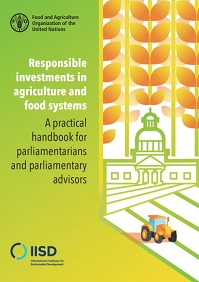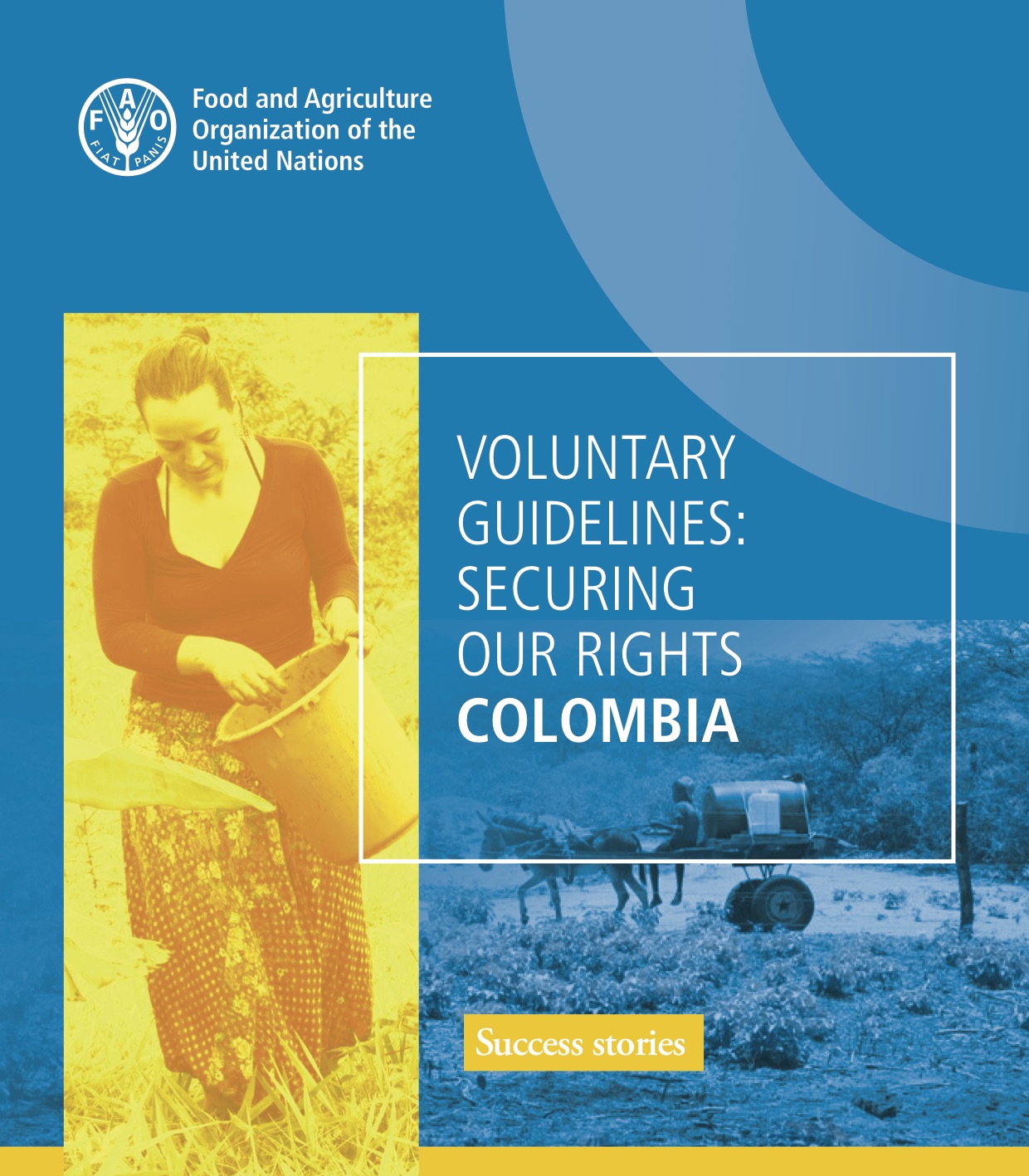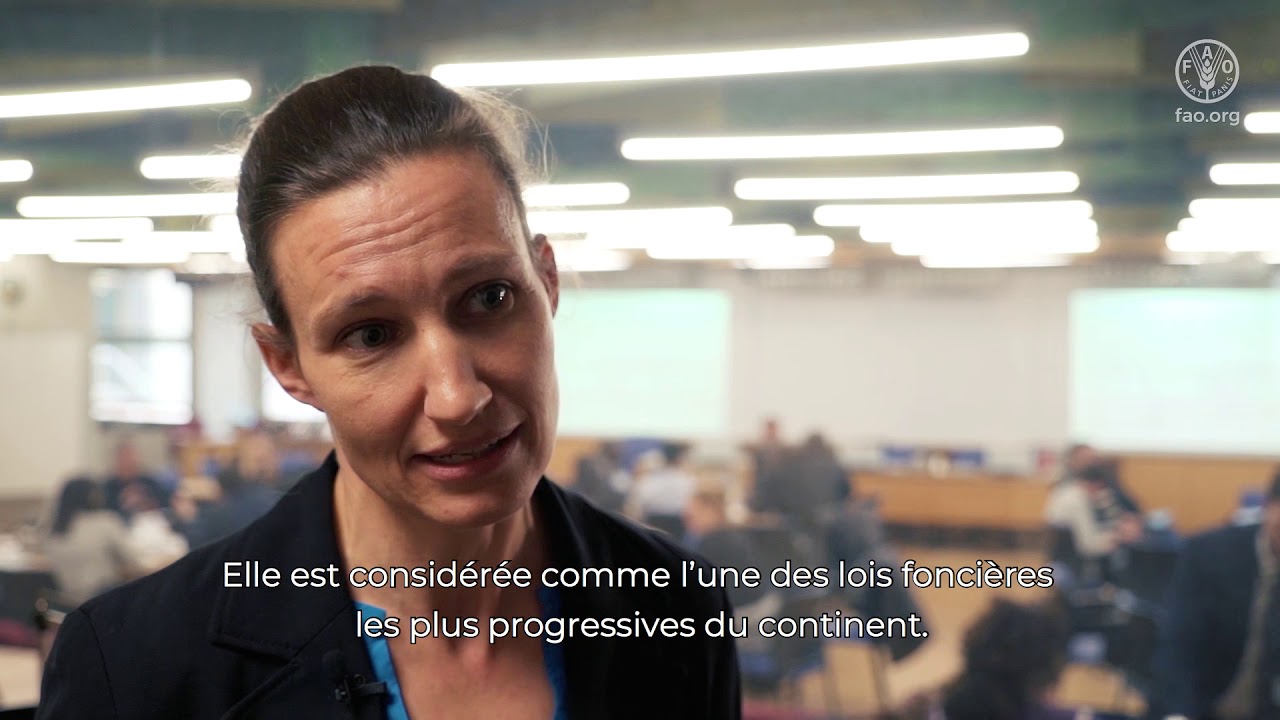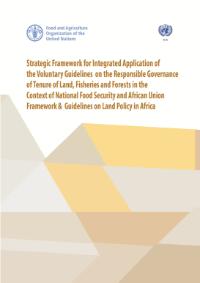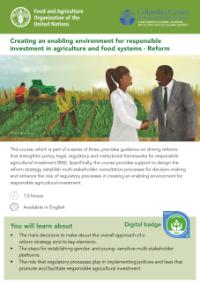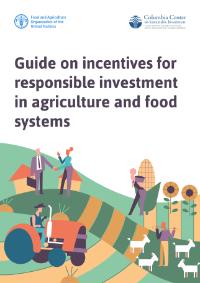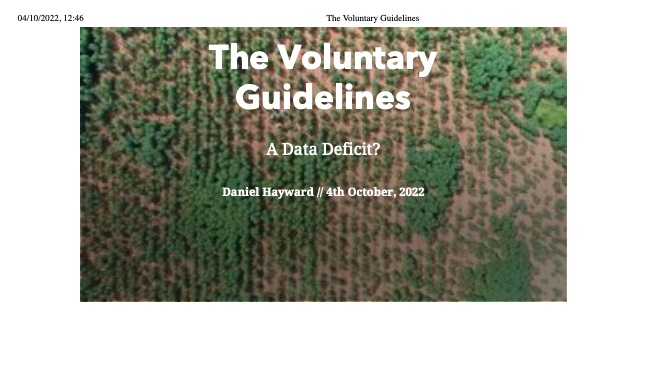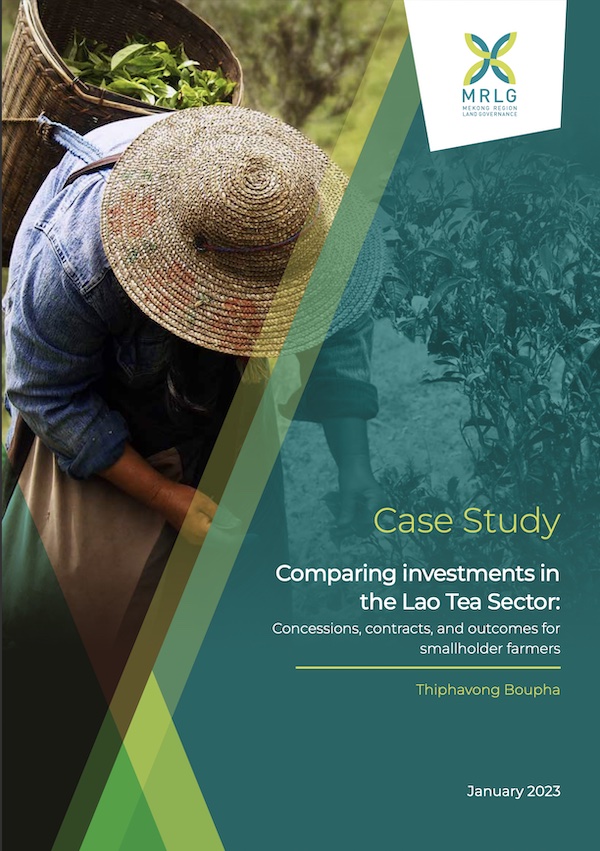BTI 2020 Country Report Singapore
ABSTRACTED FROM EXECUTIVE SUMMARY:
In 2018, the ruling People’s Action Party (PAP) managed to designate a future prime minister, Heng Swee Keat. He is likely to take the place of current Prime Minister Lee Hsien Loong after the next parliamentary elections, which have to take place at the latest by January 15, 2021. Heng is viewed as a safe choice, who has a long and balanced career in the ruling party. He will face many challenges as the first leader in the post-Lee era, such as increasing political demands, geopolitical changes and economic problems.


